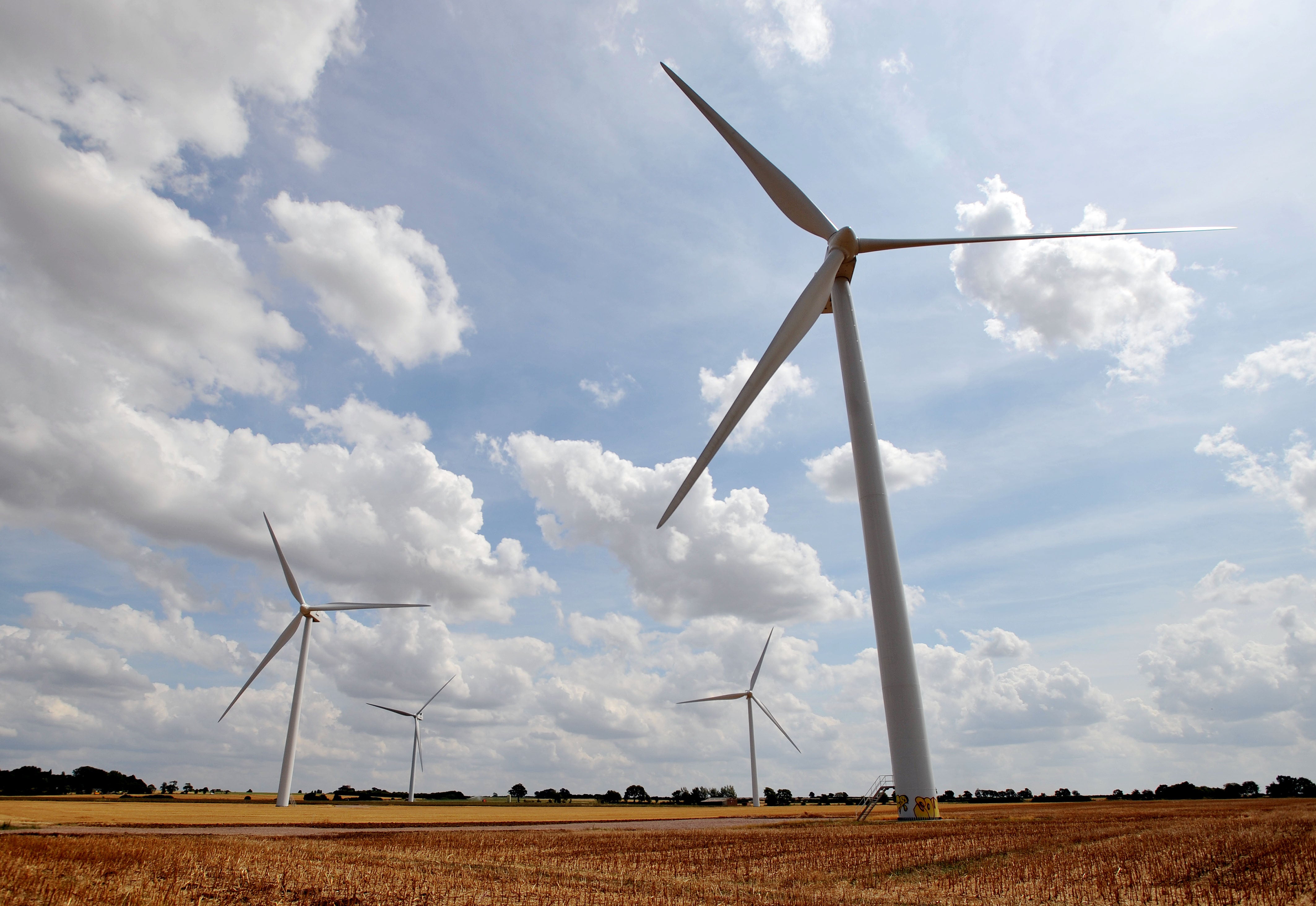Greenwashing: Which are the greenest energy suppliers?
The Government is probing whether it is too easy for suppliers to claim their energy deals are green.

Customers trying to figure out how to buy the best energy to environmentally heat and power their homes are faced with hundreds of options of companies claiming to offer green deals.
Many try to shop around not only for a good price, but also for an electricity supplier which will use less gas and other fossil fuels to get electricity to their households.
But, on Monday, the Government announced it would look into whether it is too easy for suppliers to claim their deals are green.
A vast majority of the green tariffs on the market today rely on so-called Renewable Energy Guarantees of Origin (Rego) certificates.
Although these give some green credentials, they have been criticised by some environmentalists as offering a “greenwashing” option to companies.
And customers regularly report being confused by the claims that some suppliers make about the greenness of their tariffs.
Comparison website Uswitch has three categories for companies that make claims that their energy supply is green.
Good Energy is the sole supplier on the market which only offers gold-standard tariffs, according to Uswitch’s ratings. There were seven such tariffs last time.
British Gas is the only other supplier that offers households a gold-standard green tariff, according to the comparison site.
Those that offer silver tariffs include EDF (1), Octopus (1), and Scottish Power (7). Not all of these suppliers’ green tariffs have a silver rating.
There are about 100 bronze tariffs on the market offered by Bulb Energy, Eon, Ovo Energy and Shell Energy among others.
The bronze rating still signifies some green credentials for the tariff, and many tariffs on the market are unrated by Uswitch as they do not make any green claims.
Bronze energy deals can rely purely on the so-called Regos to make their green claims, Uswitch says.
To be awarded the silver standard, tariffs must buy at least 42.9% of their electricity from Power Purchase Agreements – where they buy electricity from windfarms and other renewable producers on long-term deals.
A silver rating can also be awarded if the tariff mixes some biomethane, also known as green gas, or offsets emissions from the supplier’s gas supply. This must be combined with at least a third of the electricity coming from PPAs.
The market-leading gold standard means that 100% of electricity is bought through PPAs and at least 10% of the gas is green gas. All other gas emissions must also be offset.
However, gold standard tariffs often have a price that reflects the extra cost that goes into sourcing the energy that households use.
The market leader, Good Energy, for instance, was given special permission from Ofgem which allows it not to be bound by the Government’s price cap on energy bills.
Not all deals are available all across the UK. Uswitch’s ratings are available on its website based on a household’s postcode.
Bookmark popover
Removed from bookmarks